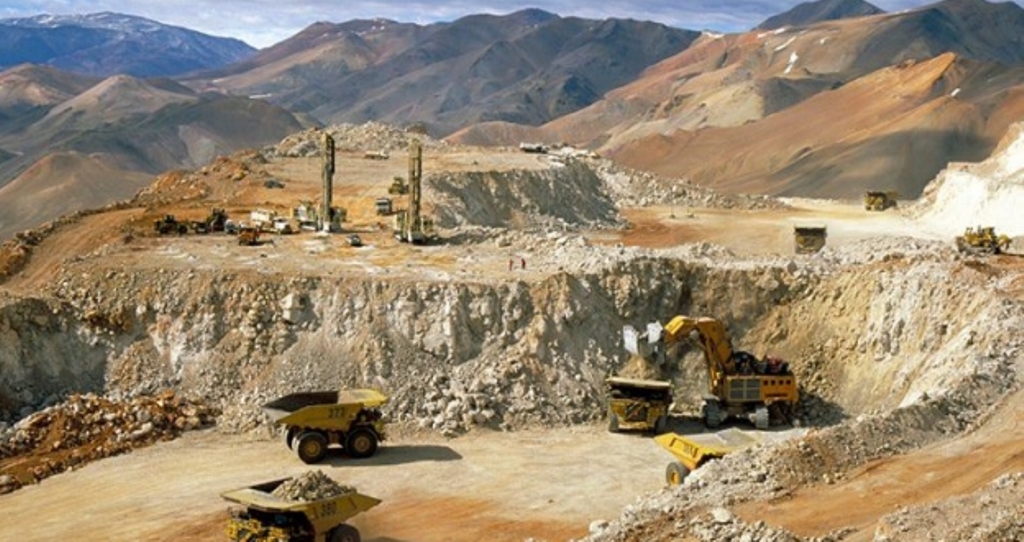AfricaPress-Tanzania: PRESIDENT John Magufuli’s major mining reforms have caught attention of world mining experts, after small scale miners started posting big successes also in the sector.
Last week, a small-scale miner, Saniniu Laizer made headlines globally, when he became a billionaire overnight, after selling to the government two of the largest tanzanite rocks ever mined.
According to the International magazine, ‘Fortune’ Tanzania has been highlighted as one of the countries that have made major reforms in the mining sector, which benefit majority of its citizens.
The magazine writes that Mr Laizer’s wealth from the local artisanal mining represents more than just an amazing stroke of luck for one man.
The two tanzanite rocks were bought by the government at the cost of 7.7bn/-.
“It represents a rare victory for an African government for being able to regulate artisanal mining, a practice that employs more than 40 million people around the world and implicated in exploitative labour practices, human rights abuses, and environmental degradation,” read part of the article published in its full length in the magazine.
It added that with tanzanite, Tanzania has managed to use market mechanisms to channel the insatiable forces of demand and supply to create a more sustainable and possibly less damaging industry.
Tanzanite is one of the world’s rarest minerals. It is found in only one tiny patch of the globe, just five square miles in size, in the Mirerani Hills of northern Tanzania, the legacy of a violent clash of tectonic plates 585 million years ago that would also spawn the volcano that is today Mount Kilimanjaro.
Only first discovered by a gold prospector in 1967, Diamond Company De Beers brought the gem to market for use in jewelry the following year. But in the past decade its popularity has soared, setting off a mining boom in the Mirerani Hills.
One large-scale commercial mine, operated by a Bermuda-registered company called TanzaniteOne Ltd, has an official concession to operate in the area in partnership with the State Mining Company in the country.
Small-scale mining is key to the production of many valuable minerals, where 20 per cent of the world’s gold supply, 80 per cent of sapphires, and 20 per cent of diamonds are mined this way, according to the IGF.
Key metals for electronic components are also extracted by small-scale mines, which include 25 per cent of the world’s tin and 26 per cent of the supply of tantalum, used in computer chips and smartphones.
The magazine illustrated further on the efforts applied by the government to safeguard its mining, which included building a fence in 2017.
“The fence did reduce the amount of tanzanite being mined illegally, but it also drove prices higher and made smuggling tight,” it explained.
In 2019, the government also instituted a new policy, where it decided to expand the legitimate market for tanzanite as well as gold and other minerals.
It began licensing small-scale miners and set up official government mineral trading centres where they could sell their production at fair prices.
Other reforms involved the establishment of official mineral markets in all areas close to mining sites, so that small miners could sell their production directly, without having to rely on sometimes unscrupulous middlemen to take the minerals to markets in bigger cities, which had been a source of corruption in the trade.
The markets also allow the governments to efficiently tax mining production and change tax rates to miners, who have to pay reduced rates of a 7 per cent royalty rate on sales.
Previously miners paid a litany of taxes and fees: 5 per cent withholding tax, plus 18 per cent value-added tax on mineral sales, plus 7.3 per cent inspection fees, and a 0.3per cent government service levy on top.
The new, flatter tax structure is “well designed to curb smuggling,” Matthew Salomon, the senior economist for the Institute of Taxation and Economic Policy, told trade publication Mining Technology. “The lower tax rate should provide incentives for small-scale miners to transact through the hub.”
That newly minted tanzanite billionaire, Laizer, shows that Tanzania’s efforts to formalize the informal mining economy is starting to work and he is a clear testimony of one of the small-scale miners recently licensed by the government.







